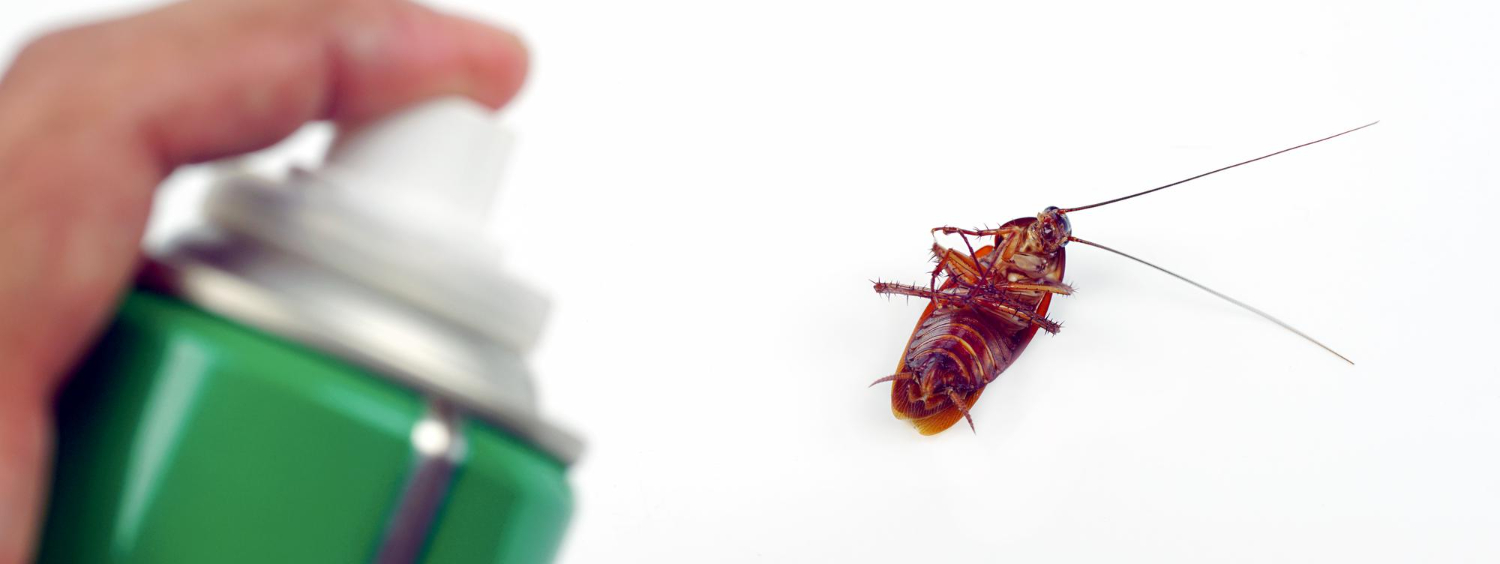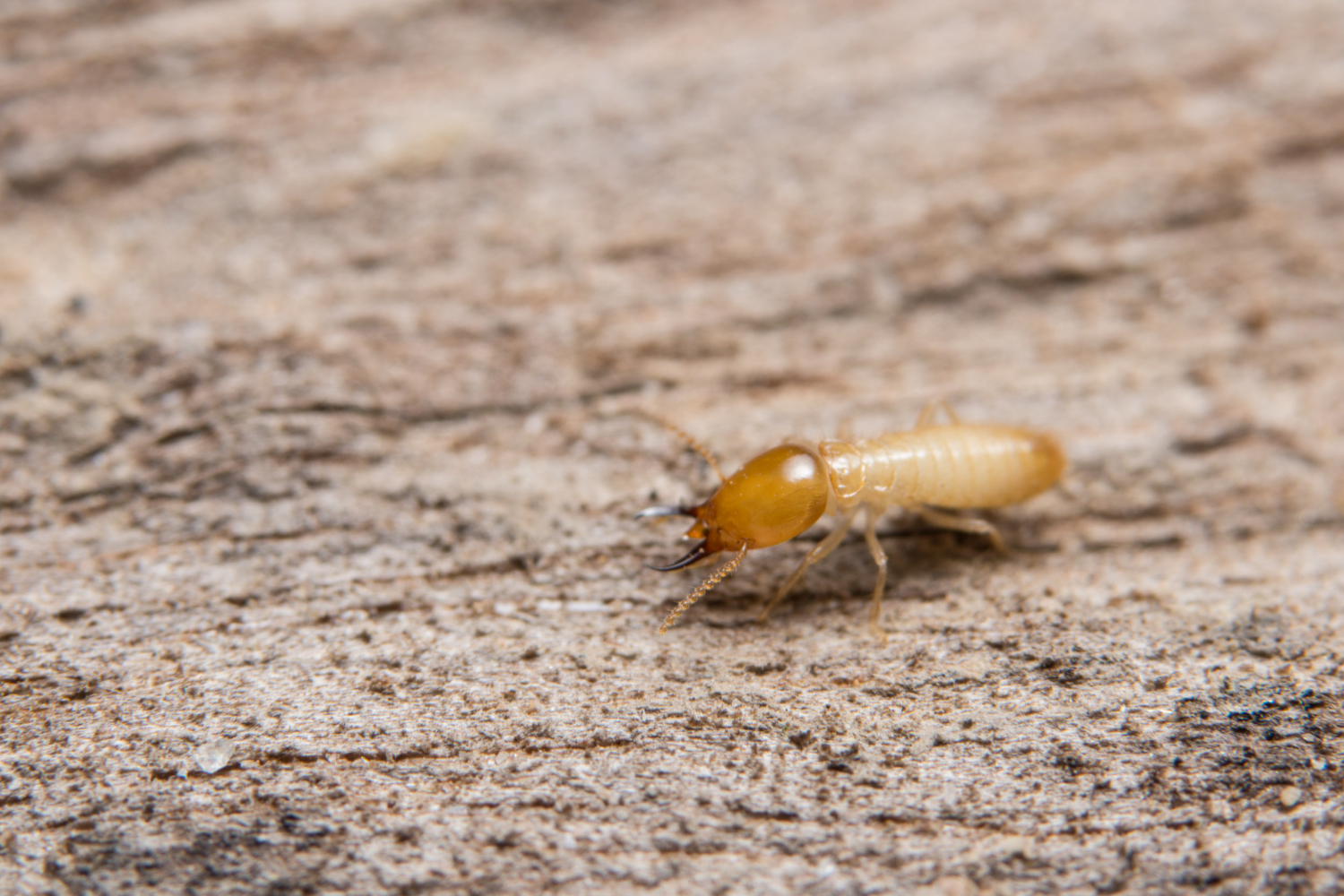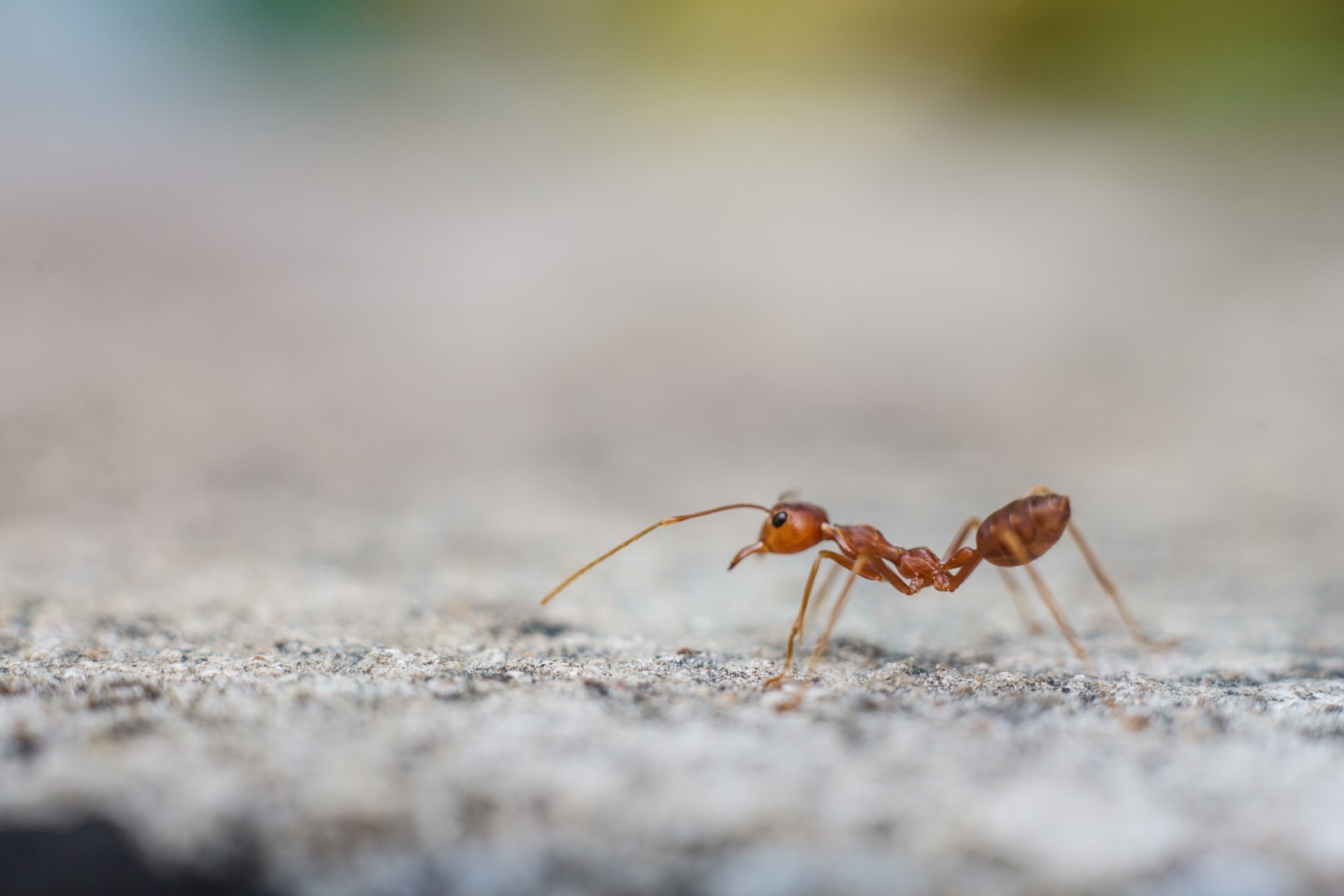Pest control isn’t just about protecting your home from unwanted intruders; it’s also about safeguarding your health. While pests like rodents, cockroaches, and dust mites are known to trigger allergies, pest control plays a crucial role in managing these allergenic pests. In this article, we’ll explore the connection between pest control and allergies and why taking proactive measures is essential for your well-being.
1. Allergenic Pests
Certain pests are notorious for causing allergies. Common allergenic pests include:
- Dust Mites: These microscopic creatures thrive in dust and are a significant source of indoor allergies.
- Cockroaches: The saliva, faeces, and shedding body parts of cockroaches can trigger allergic reactions in some people.
- Rodents: Mice and rats can carry allergens in their urine, faeces, and dander, which become airborne and can lead to allergies.
2. Allergies and Asthma
Exposure to allergenic pests can exacerbate allergies and asthma symptoms. For those with allergies, the presence of allergenic pests in your home can lead to:
- Sneezing: Allergies to dust mites, cockroaches, or rodents can cause frequent sneezing.
- Runny or Stuffy Nose: Exposure to allergenic pests may result in a runny or stuffy nose.
- Coughing and Wheezing: Asthma sufferers may experience increased coughing and wheezing due to allergenic pests.
- Skin Rashes: Allergies to pests like bed bugs can lead to itchy skin rashes.
- Eye Irritation: Red, itchy, and watery eyes can be a result of exposure to allergenic pests.
3. The Role of Pest Control
Pest control is the primary line of defence against allergenic pests. Professional pest control services can effectively:
- Identify and Eliminate Pests: Pest control experts can identify the specific pests triggering allergies and implement measures to eliminate them from your home.
- Prevent Infestations: Regular pest control treatments can prevent infestations, reducing the allergen load in your home.
- Seal Entry Points: Pest control professionals can seal entry points to prevent pests from entering your home.
- Sanitation: Proper sanitation measures can be recommended to reduce pest attraction and infestations.
4. Preventative Measures
In addition to professional pest control, there are steps you can take to minimise allergenic pests and reduce allergy triggers:
- Regular Cleaning: Frequent cleaning, including vacuuming, dusting, and washing bedding, can help reduce allergenic pests.
- Proper Food Storage: Store food in airtight containers to deter pests like rodents and cockroaches.
- Humidity Control: Maintain indoor humidity levels to discourage dust mites.
- Allergen-Proof Covers: Use allergen-proof covers for pillows and mattresses to reduce dust mite exposure.
5. Conclusion
The connection between pest control and allergies is clear. Allergenic pests can exacerbate allergy and asthma symptoms, making pest control a vital component of managing these conditions. If you or your loved ones suffer from allergies or asthma, consider seeking Termite Rescues’ professional pest control services to create a healthier, allergen-free environment in your home. By addressing allergenic pests and taking preventive measures, you can enjoy a higher quality of life with fewer allergy-related issues.




